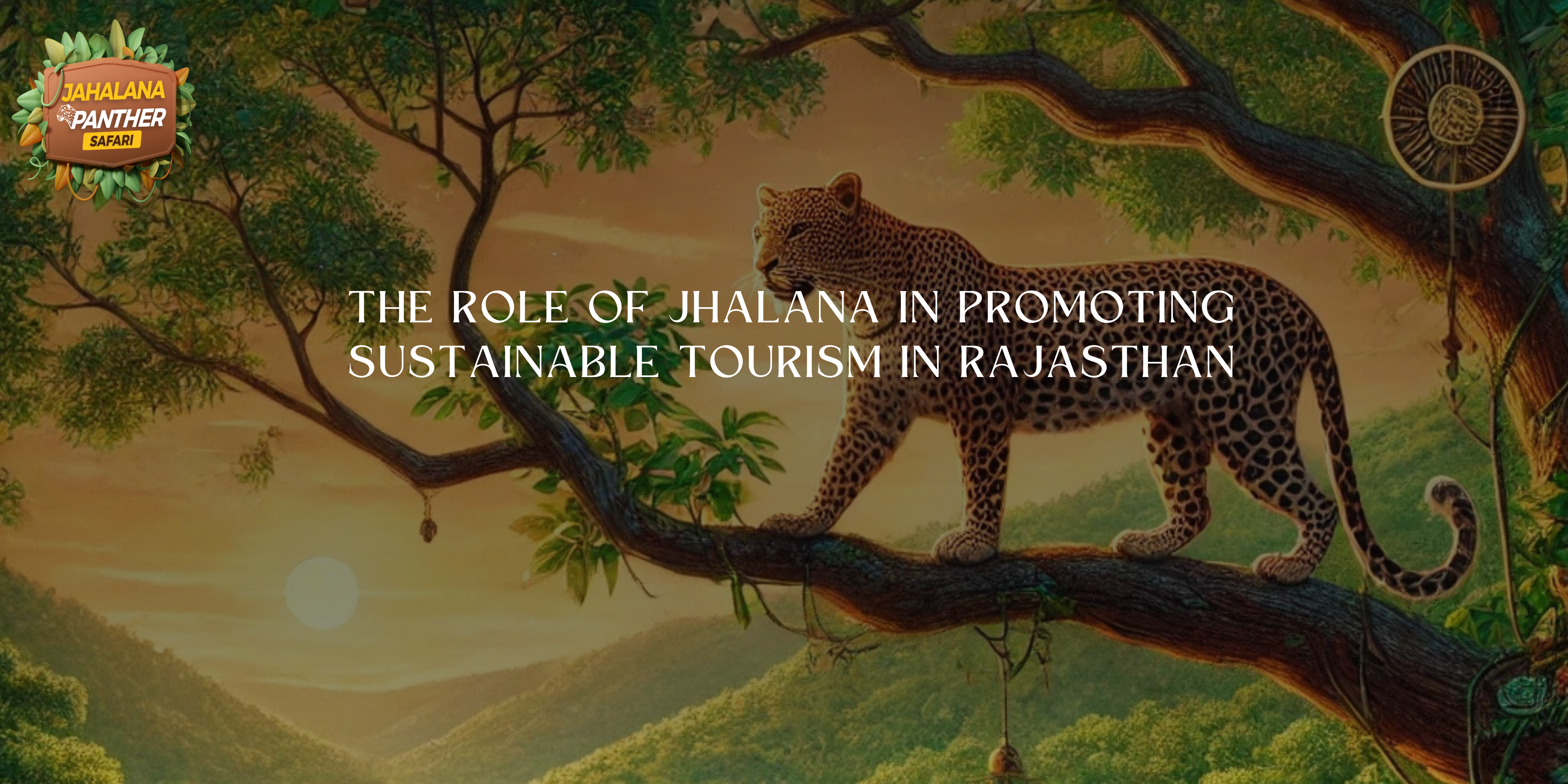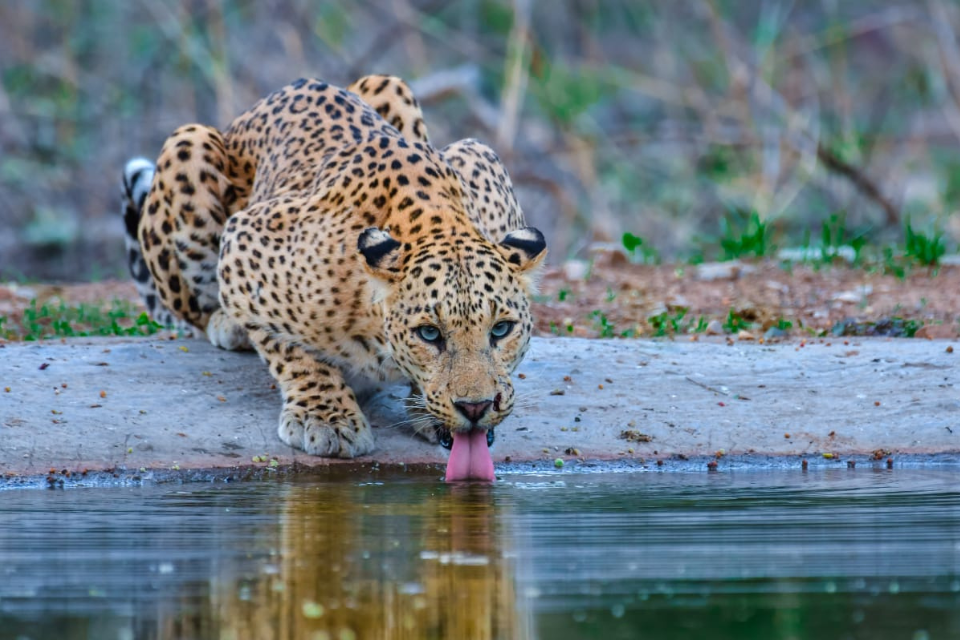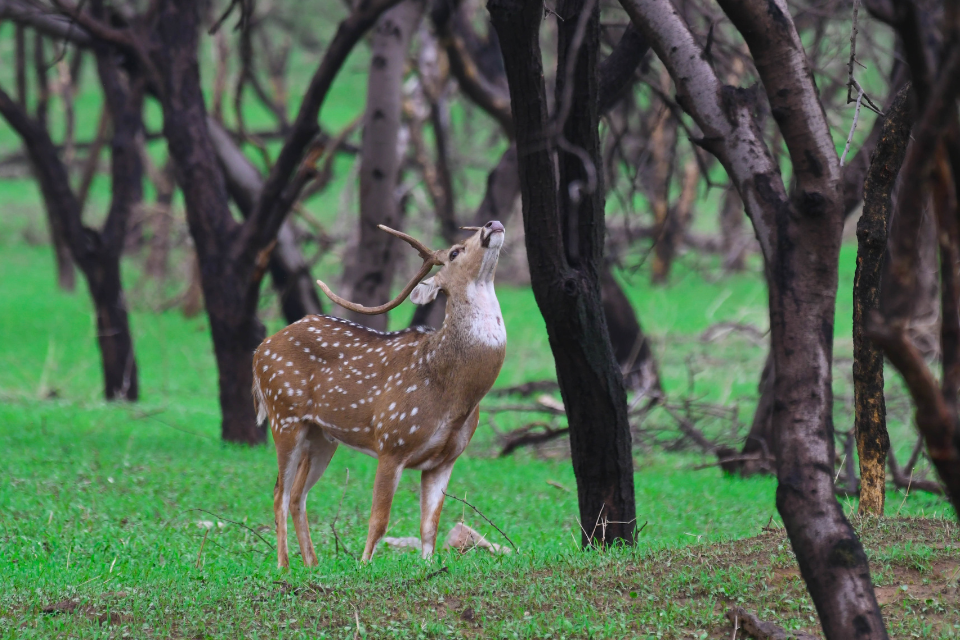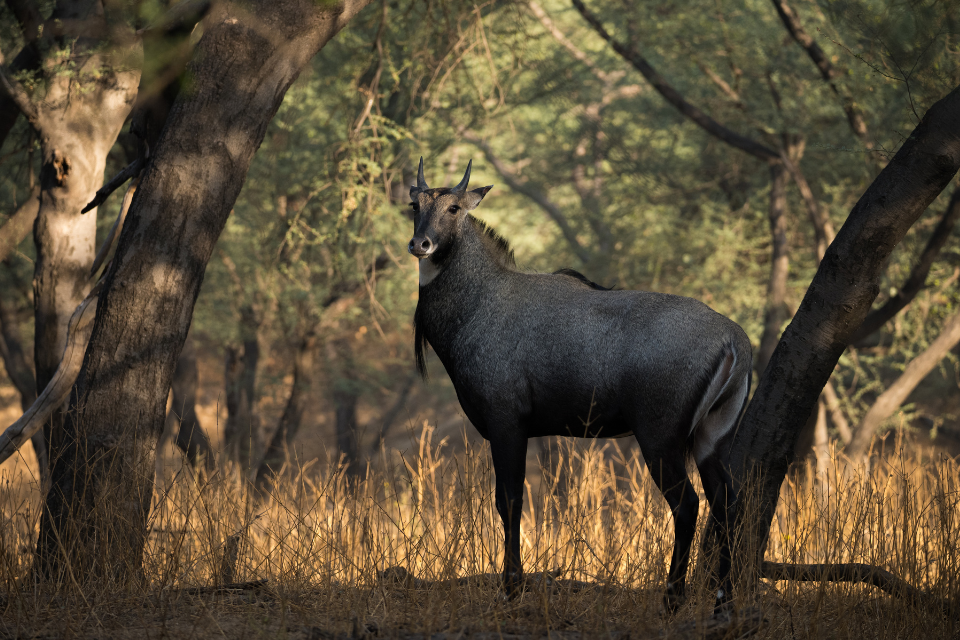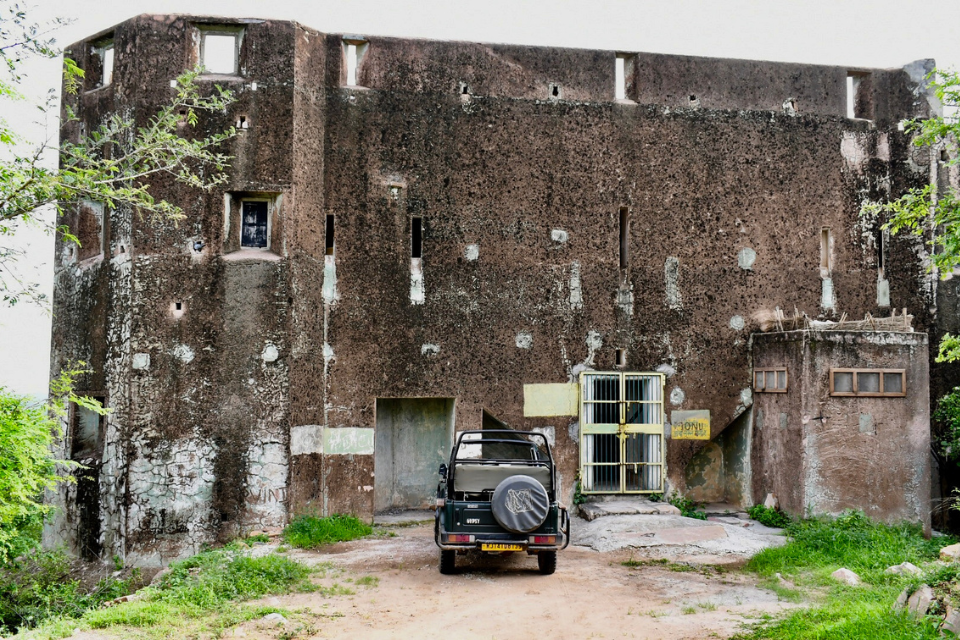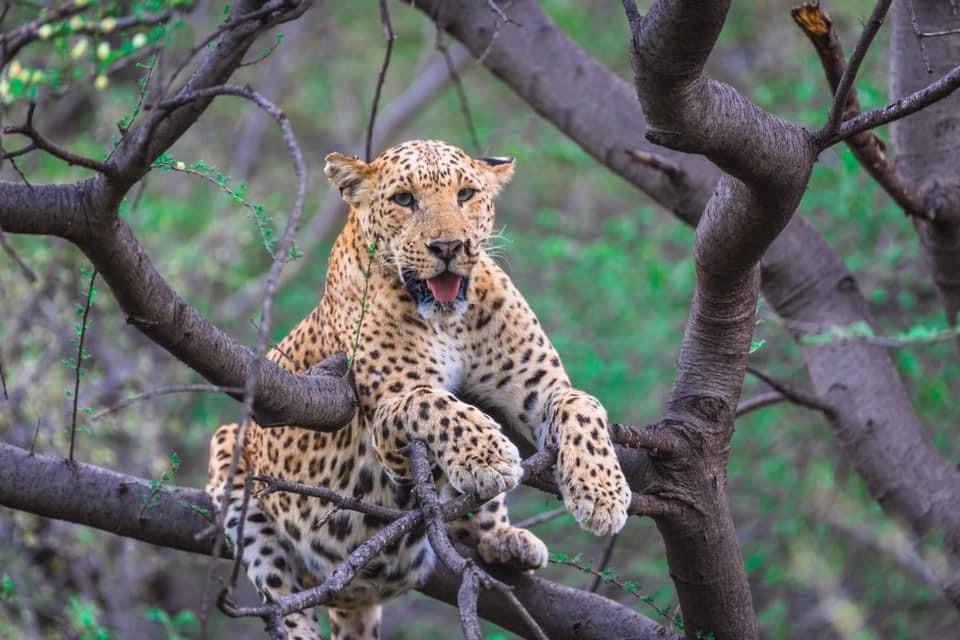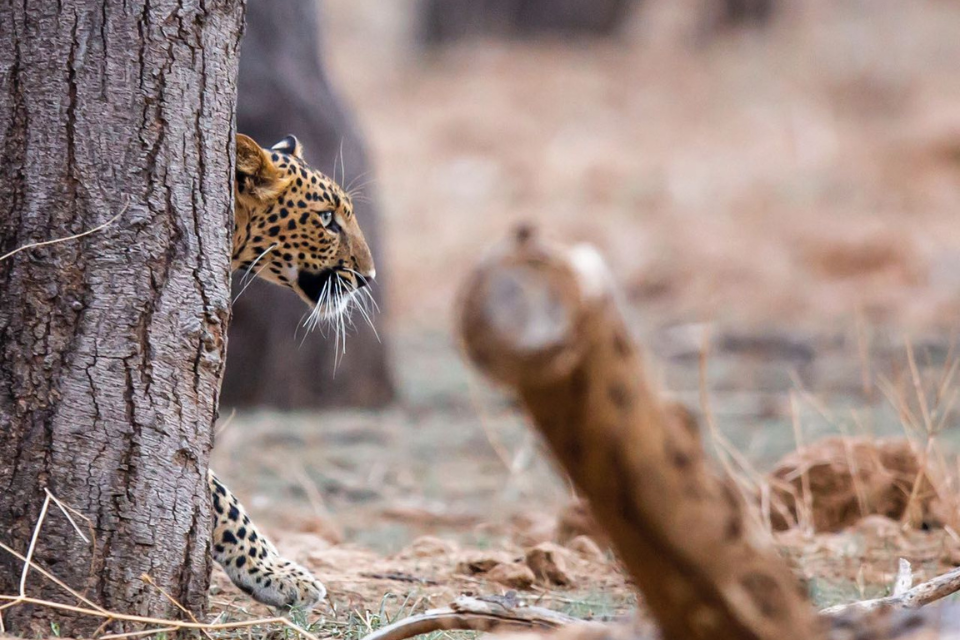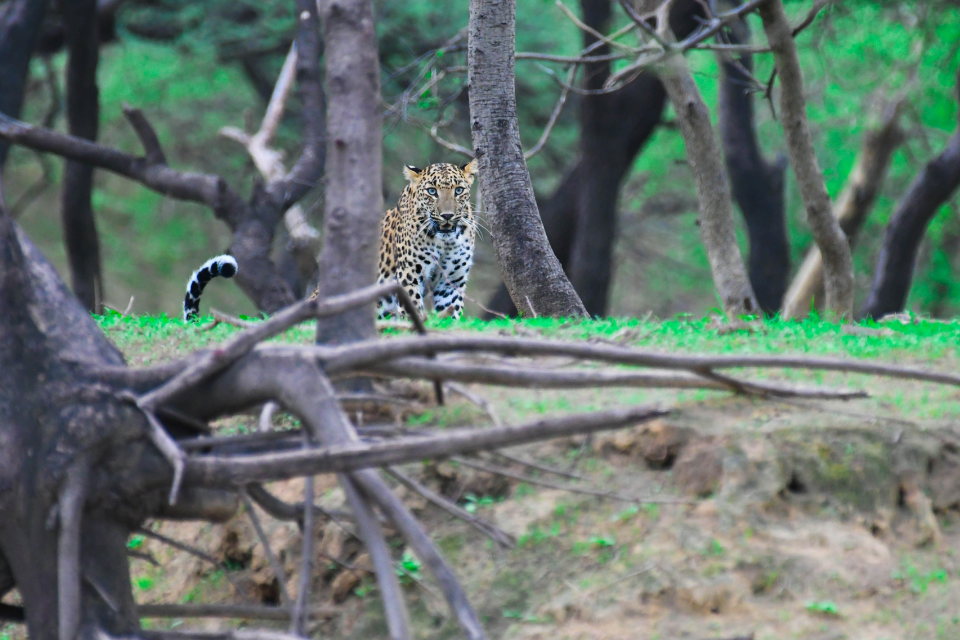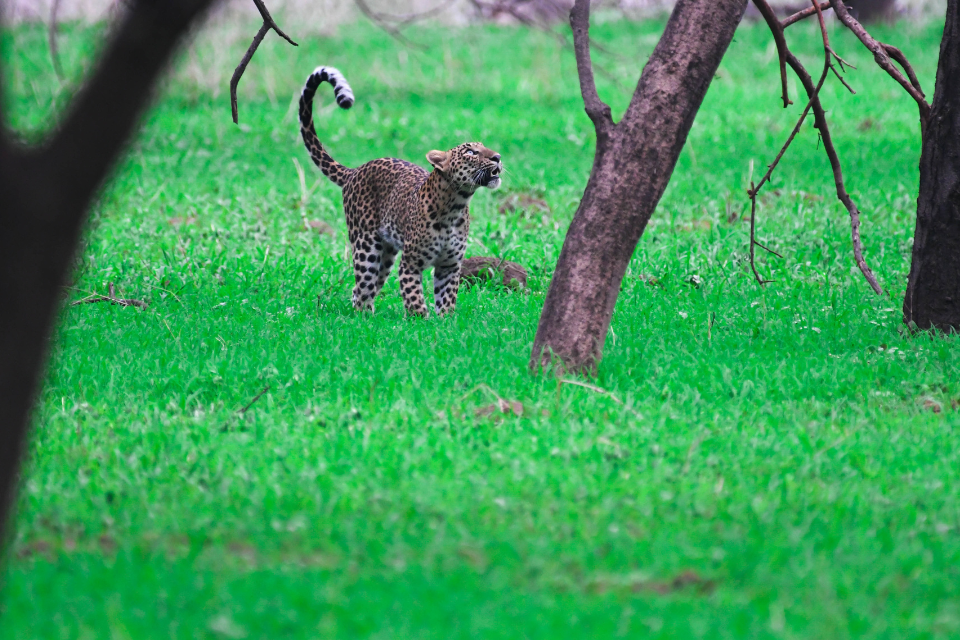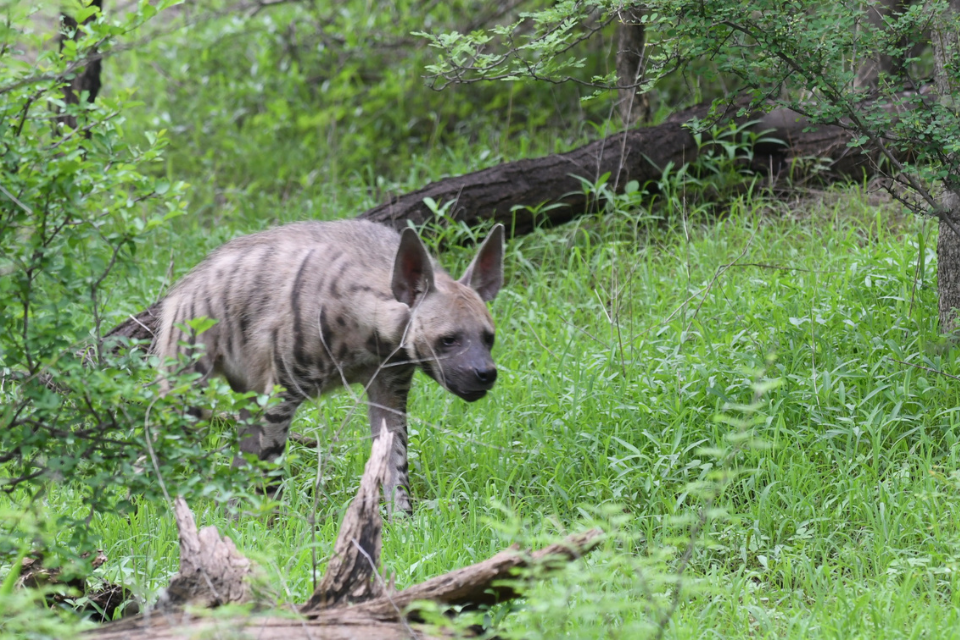- December 27, 2024
The Role of Jhalana Leopard Safari in Promoting Sustainable Tourism in Rajasthan
Jhalana Forest Reserve, nestled in the heart of Jaipur, has emerged as a leading example of sustainable tourism in Rajasthan. Known for its thriving leopard population and diverse wildlife, Jhalana Leopard Safari offers a unique blend of eco-tourism and urban wildlife conservation. By prioritizing sustainability and community involvement, the reserve not only protects its rich biodiversity but also contributes to Rajasthan’s growing reputation as an eco-friendly travel destination.
What is Sustainable Tourism?
Sustainable tourism aims to minimize the negative impacts of tourism on the environment, wildlife, and local communities while promoting conservation, cultural heritage, and economic benefits. Jhalana Leopard Safari exemplifies this approach by:
Reducing Environmental Footprints:
- Limiting safari vehicles and visitors to protect wildlife and minimize habitat disruption.
Supporting Local Communities:
- Creating jobs and involving residents in conservation efforts.
Promoting Education and Awareness:
- Encouraging visitors to adopt eco-friendly practices and respect the natural environment.
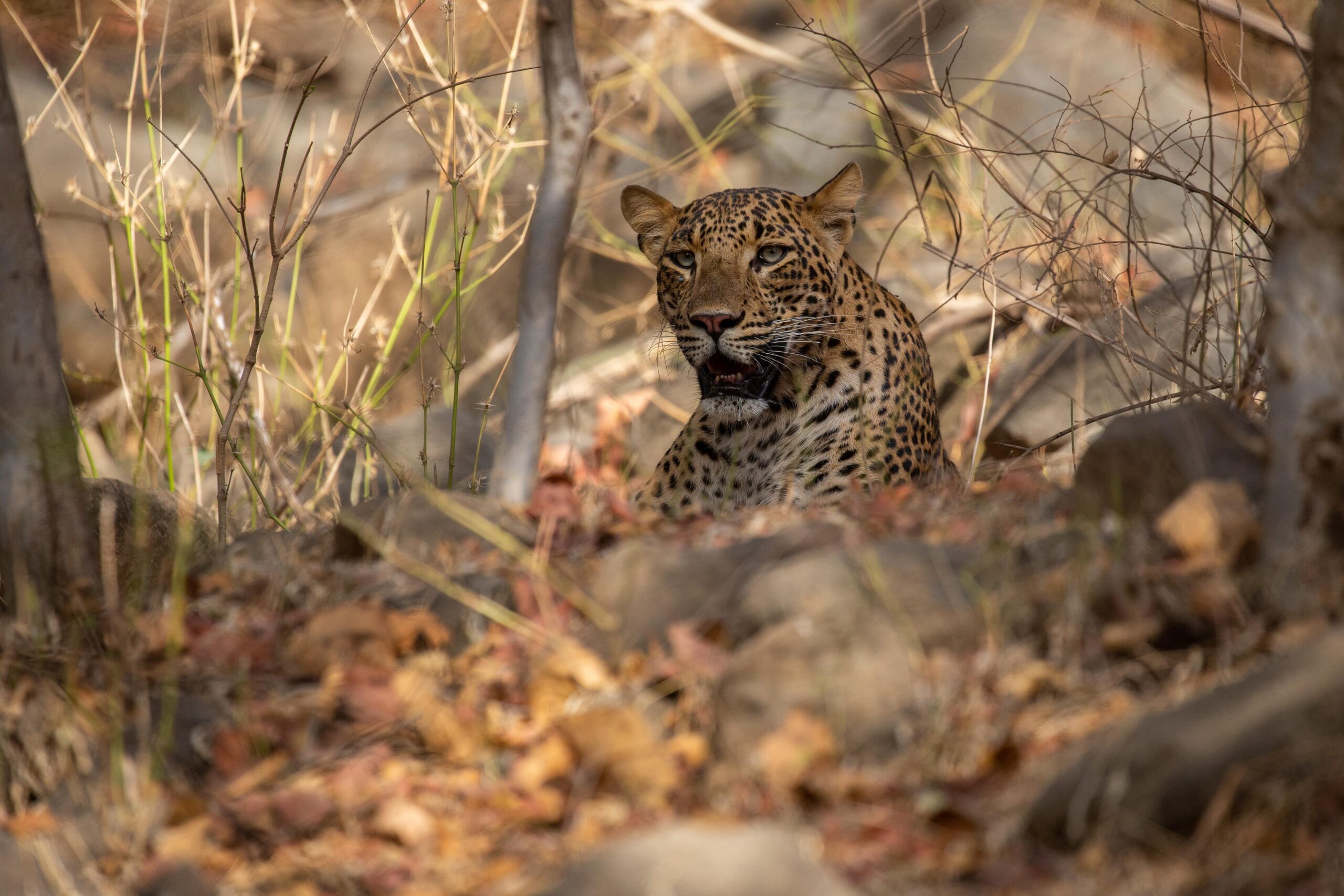
How Jhalana Promotes Sustainable Tourism
Eco-Friendly Safari Practices:
- Limited Vehicles:
Restricted numbers of safari jeeps are allowed per slot, reducing noise pollution and disturbances to wildlife. - Electric Vehicles:
Plans to introduce electric safari vehicles highlight Jhalana’s commitment to sustainable transport.
- Limited Vehicles:
Community Engagement:
- Employment Opportunities:
Locals are employed as guides, drivers, and eco-tourism staff, fostering a sense of ownership and responsibility. - Education Programs:
Workshops and campaigns educate residents about wildlife conservation and the benefits of sustainable tourism.
- Employment Opportunities:
Wildlife Conservation Efforts:
- Leopard Monitoring:
GPS collars and camera traps help track leopard movements and behaviors. - Habitat Restoration:
Regular tree plantation drives and waterhole maintenance ensure the forest remains a thriving habitat for its diverse species.
- Leopard Monitoring:
Visitor Education:
- Eco-Tourism Guidelines:
Visitors are educated on safari etiquette, including avoiding littering, maintaining silence, and respecting wildlife. - Awareness Campaigns:
Informative boards and guide briefings highlight Jhalana’s conservation efforts and the importance of sustainable tourism.
- Eco-Tourism Guidelines:
Economic Benefits of Sustainable Tourism at Jhalana Leopard Safari
Revenue Generation:
- Safari fees contribute directly to conservation initiatives, including habitat restoration and wildlife monitoring.
Boosting Local Businesses:
- Eco-tourism supports nearby businesses such as lodges, restaurants, and handicraft shops.
Community Development:
- Funds from eco-tourism are used for local infrastructure projects, benefiting both residents and visitors.
Challenges in Implementing Sustainable Tourism
Balancing Tourism and Conservation:
- Maintaining a balance between attracting visitors and protecting wildlife is an ongoing challenge.
Urban Encroachment:
- Expanding city boundaries pose threats to the forest’s ecosystem, requiring stricter zoning and conservation policies.
Visitor Compliance:
- Ensuring all visitors follow eco-tourism guidelines is crucial but can be challenging during peak seasons.
How Visitors Can Support Sustainable Tourism
Choose Responsible Operators:
- Book safaris with operators who prioritize sustainability and adhere to forest guidelines.
Adopt Eco-Friendly Practices:
- Use reusable bottles, avoid single-use plastics, and dispose of waste responsibly.
Spread Awareness:
- Share your eco-friendly travel experiences to inspire others to support sustainable tourism.
The Broader Impact on Rajasthan
Setting a Benchmark:
- Jhalana Leopard Safari serves as a model for other wildlife reserves in Rajasthan, such as Ranthambore and Sariska, to adopt sustainable practices.
Boosting Eco-Tourism Appeal:
- The success of Jhalana highlights Rajasthan’s potential as an eco-tourism destination, attracting environmentally conscious travelers.
Inspiring Urban Wildlife Conservation:
- Jhalana’s innovative approach inspires other cities in India to create urban wildlife reserves.
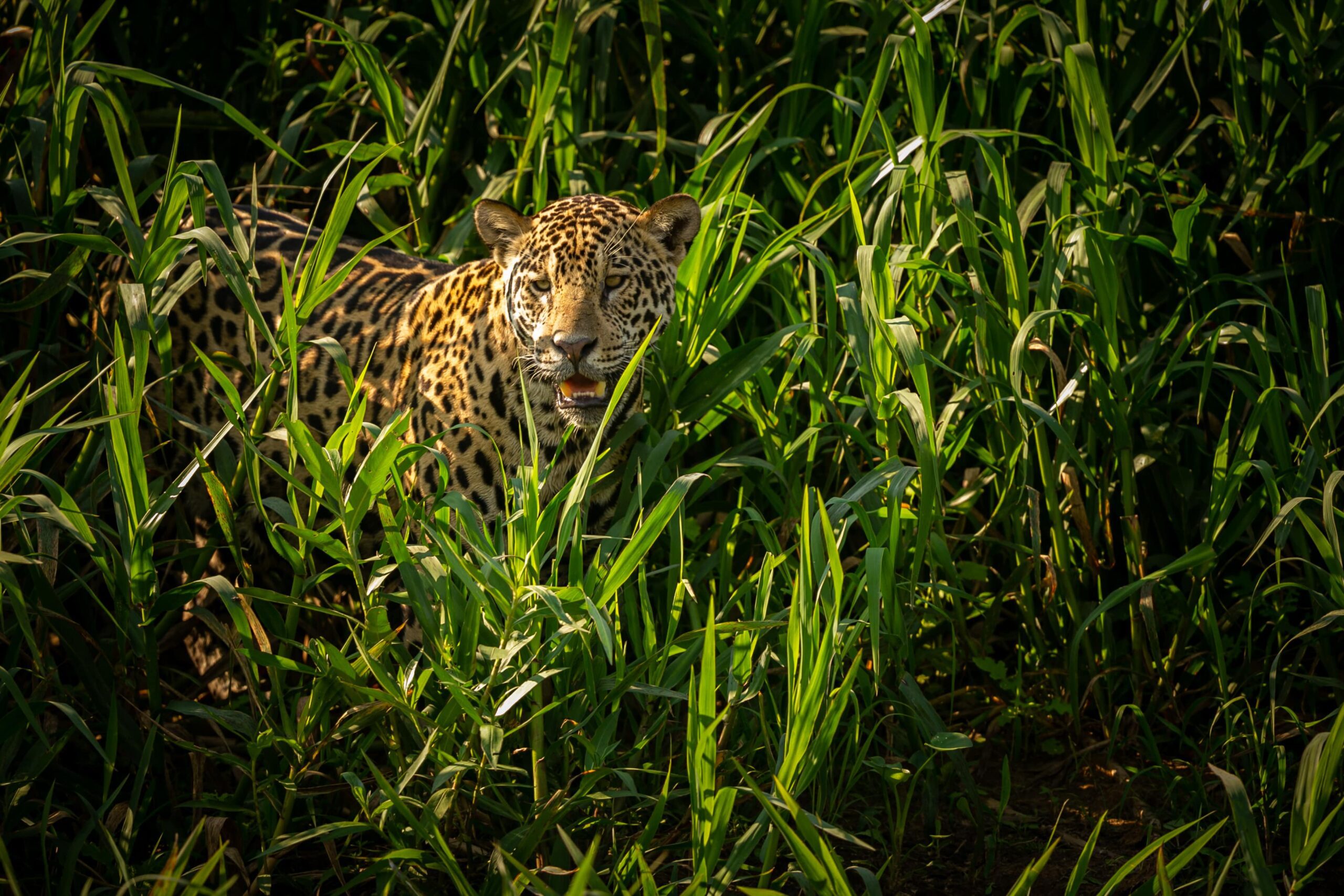
Future of Sustainable Tourism in Jhalana Leopard Safari
Introduction of Technology:
- Expanding the use of AI, drones, and mobile apps to enhance wildlife monitoring and visitor experiences.
Green Energy Initiatives:
- Transitioning to solar-powered facilities and electric safari vehicles.
Expanding Eco-Tourism Activities:
- Introducing walking trails, birdwatching tours, and educational programs for schools and colleges.
Conclusion
Jhalana Leopard Safari exemplifies how sustainable tourism can protect wildlife, support local communities, and offer enriching experiences to visitors. By balancing conservation with eco-tourism, Jhalana not only secures its future as a wildlife haven but also strengthens Rajasthan’s reputation as a leader in sustainable travel. For eco-conscious travelers, Jhalana Leopard Safari is more than a safari—it’s a commitment to preserving the natural world.
Disclaimer All images used in this blog are either sourced from public domain or credited to their respective owners. If you are the copyright holder of any image and wish to request its removal or proper attribution, please contact us at [email protected]
